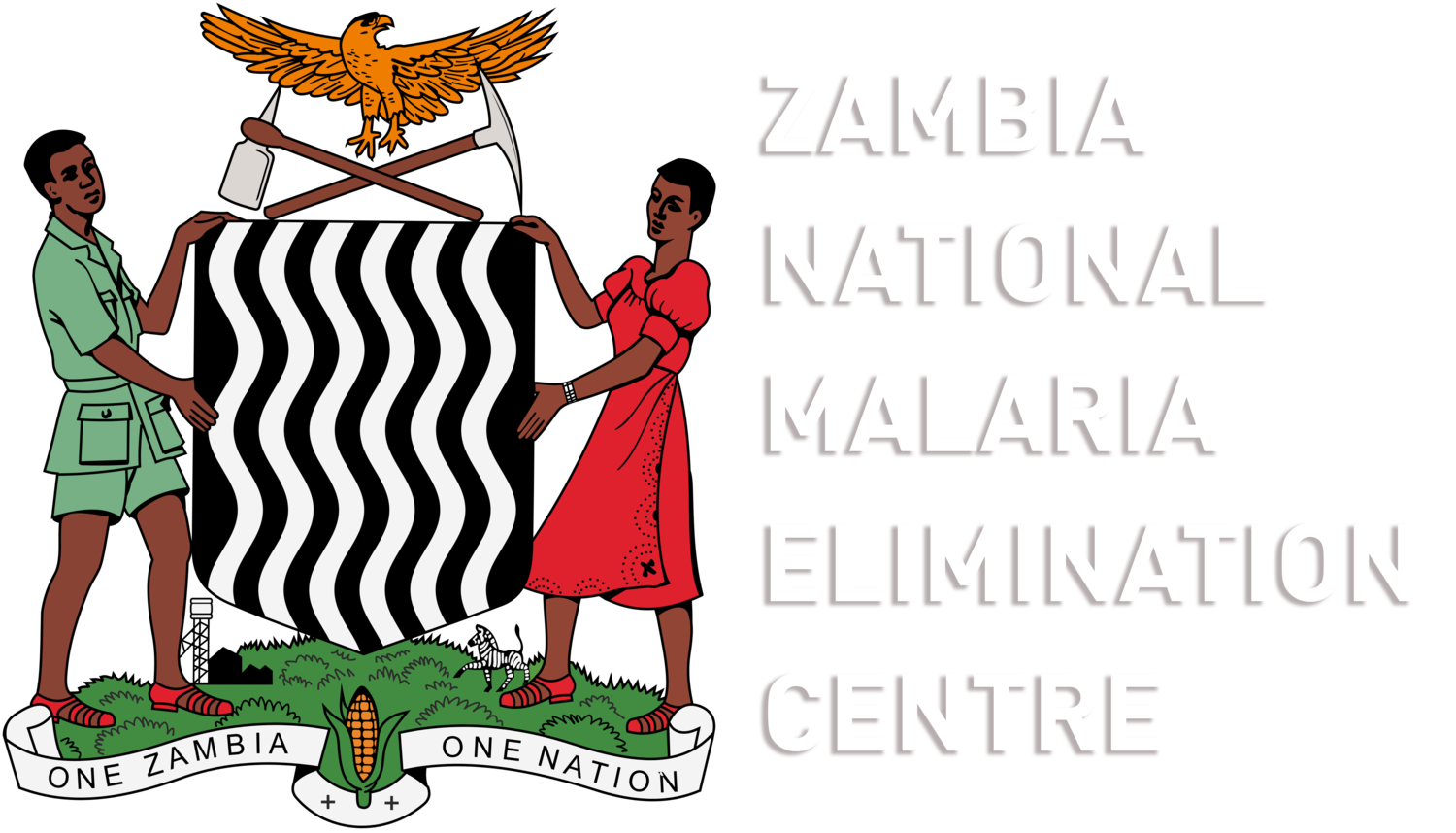Health promotion cuts across and facilitates all the elimination components from A to E. Advocacy and social behavioural change communication will form the anchor in health promotion utilising household and community settings in order to increase and sustain malaria elimination efforts. Involvement of policy- and decision-makers in health increases acceptance, uptake, and utilisation of health services. Further, community engagement will play a big role in enhancing sustainability of key malaria elimination interventions.
A national malaria elimination campaign using the slogan ‘Malaria Ends With Me’ is helping to organise all malaria activities and partners, including the private sector, under a united theme and to amplify the reach of elimination communication efforts. At the community level, it shows that meetings and household testing are not isolated, but are part of a large and long-term effort. Guided by provincial and district personnel, communities will then understand their role in making and keeping their areas free of malaria, and will take pride in doing so.
Social Behavioural Change Communication (SBCC)
The purpose of social and behaviour change communication is to increase knowledge, awareness, and risk perception of individual and to mobilise communities to create long-term changes towards desired behaviours and to sustain enabling behaviours around the key malaria elimination interventions.
At Mabanga Community School in Choma, the health clinic nurse, teachers and pupils show off their "Malaria Ends With Me" stickers.
SBCC is an umbrella for interpersonal and dialogue-based communication, and social mobilisation to systematically accelerate change in the underlying drivers of risk to malaria, vulnerability, and impact. The absence of an integration of social change communication into broader communication strategies has been a key factor in the inability to affect sustained behaviour change. Social and behaviour change communication approaches have been rigorously evaluated with demonstrable impact in behaviour change, raising awareness, and influencing social norms. It has been shown to make durable change in deeply rooted practices, including refusals to participate in key malaria interventions like IRS, misuse and abuse of LLINs, and late treatment-seeking behaviour/self-medication.
Mazabuka malaria focal point person Fortune Bwenje is sensitizing fisherman and their families on Chinyuka Island.
Coordination, supervision, and mentorship, including routine monitoring, will be central to increase the capacity and consistency of SBCC at all levels, in all geographies, and with buy-in from stakeholders. Further, documentation of malaria elimination efforts and best practices will be encouraged.
For a recent report on how community concerns can translate into action and influence the implementation of malaria elimination activities, click here.




